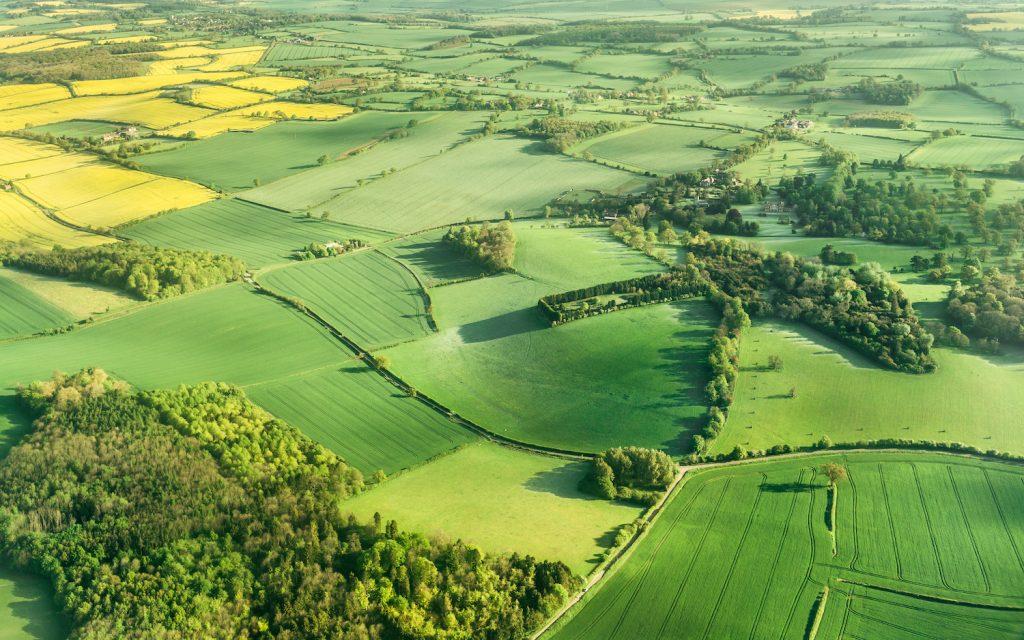Agriculture Bill becomes law
11th November 2020
Legislation that sets out how farmers in England will be rewarded with ‘public money for public goods’ in a post-Brexit world, has passed into law today (11th November) after clocking up more than 100 hours in the debate chambers.
Legislation that sets out how farmers in England will be rewarded with ‘public money for public goods’ in a post-Brexit world, has passed into law today (11th November) after clocking up more than 100 hours in the debate chambers.
The Agriculture Bill, which is the first domestic legislation covering agriculture for over 70 years, has prompted an increasingly public campaign in recent months, amid concerns that, unamended, it could result in cheap, low-quality food imports being allowed into the UK.
Two amendments voted through by the House of Lords – which would have given more power to the Trade and Agriculture Commission and meant that food imports must match domestic standards – were initially rejected by the Commons.
However, the government later revealed that the Commission would take on a statutory, rather than an advisory, role.
The Bill also sets out how farmers and land managers in England will be rewarded in the future with public money for public goods – such as better air and water quality, thriving wildlife, soil health, or measures to reduce flooding and tackle the effects of climate change, under the Environmental Land Management scheme.
It replaces the Basic Payment Scheme subsidy system, which largely pays farmers for the total amount of land farmed, resulting in cricitisms that payments are skewed towards the largest landowners, rather than rewarding farmers for any specific public benefits.
Commenting as the Bill passed into law, environment secretary George Eustice said: “Our landmark Agriculture Act will transform the way we support farmers.
“The funds released as a result of the phasing out of the legacy Basic Payment Scheme (BPS) will be re-invested into a roll out of our future farming policy, which will be centred around support aimed at incentivising sustainable farming practices, creating habitats for nature recovery and supporting the establishment of new woodland and other ecosystem services to help tackle challenges like climate change.
“We will support farmers in reducing their costs and improving their profitability, to help those who want to retire or leave the industry to do so with dignity, and to create new opportunities and support for new entrants coming in to the industry.”
The NFU described the introduction of the Bill as a “landmark moment” for post-Brexit farming. Since the first version was published in 2018 it has seen significant improvements, the union added.
President Minette Batters commented: “Getting to this point has not been easy. Two years ago, when the Bill was first published, the clear absence of food production and food security troubled many. The NFU made the case at the highest levels of government that this piece of legislation needed to recognise the role of farmers as food producers and I am pleased it now does that much more robustly.
“It will also now play a crucial role in ensuring our farmers are not undercut in future trade deals by food imports that would be illegal to produce here. By strengthening the Trade and Agriculture Commission and putting it on a statutory footing, the government has shown it is listening to the case we made, together with the millions of people that feel so strongly about this issue.”
However, she stressed that the Bill does not completely resolve the issue of domestic agricultural policy. “Farmers across the country find themselves in uncertain and challenging times and it is crucial that the government continues to work with the NFU and our members to shape how they use the powers granted to them in the Agriculture Act.”
Starting next year, farmers will have a seven-year transition period to adapt to the new agricultural system, with further details to be announced later this month.

